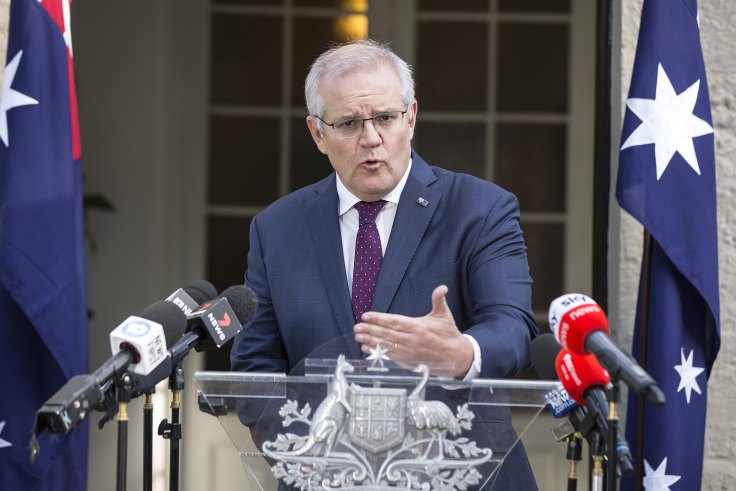
Australia’s Chief Medical Officer has warned the country can expect even more COVID-19 cases after the majority of the nation’s leaders broadly agreed to relax close contact definitions and isolation requirements.
As the nation’s daily cases surpassed 21,000, Prime Minister Scott Morrison convened an emergency national cabinet meeting to recalibrate Australia’s response to the highly transmissible Omicron variant sweeping the country.
At that meeting on Thursday, the majority of the states signed off on a new definition of a close contact, which now means someone who has spent four hours or more with a confirmed case in a household-like setting.
Mr Morrison announced the change to the definition would take place from midnight tonight in NSW, Victoria, the ACT, South Australia and Queensland and in Tasmania from January 1.
In all of those jurisdictions, except for South Australia, close contacts and confirmed COVID-19 cases will now only need to isolate for seven days, if a rapid antigen test taken on day six is negative.
If it is positive, they would need to take a PCR test, while symptomatic close contacts are also advised to have a PCR test.
Under the new rules, “casual contacts” are also a thing of the past.
Western Australia has agreed to the changes “in principle” but is continuing with its existing close contact and isolation rules for the time being, while the Northern Territory will announce its response in the coming days.
Professor Kelly conceded the move would have an impact.
“We will have more cases, there’s no doubt about that,” he said.
“This is a way of coping with that large caseload, it’s about using the resources we have wisely.”





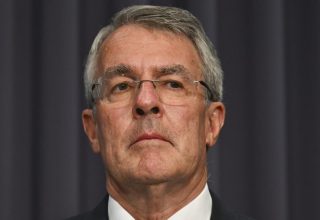
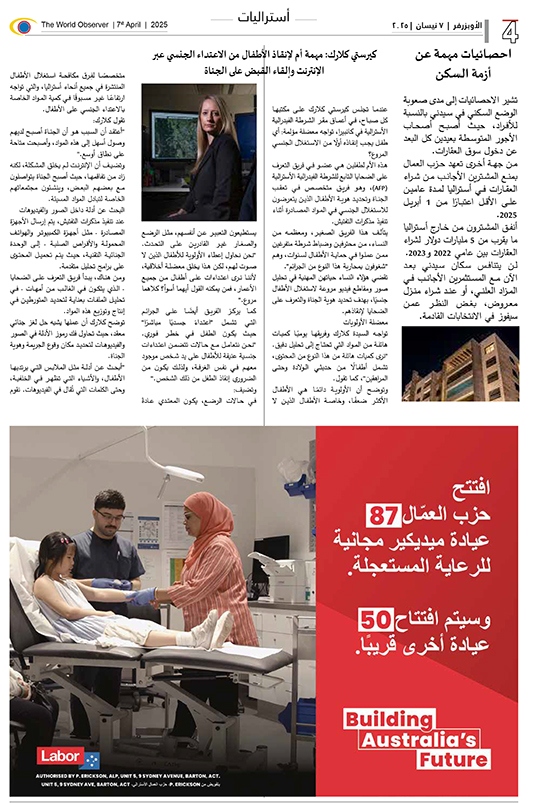
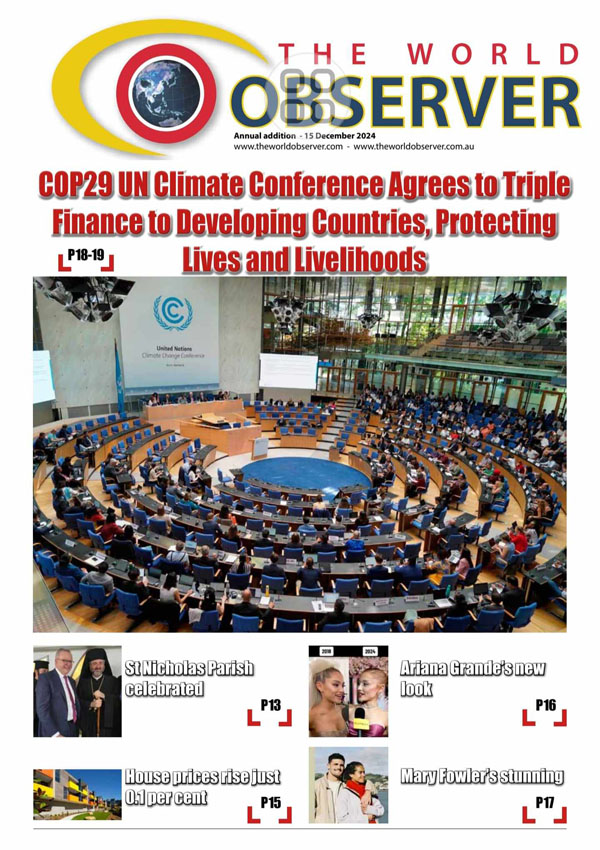
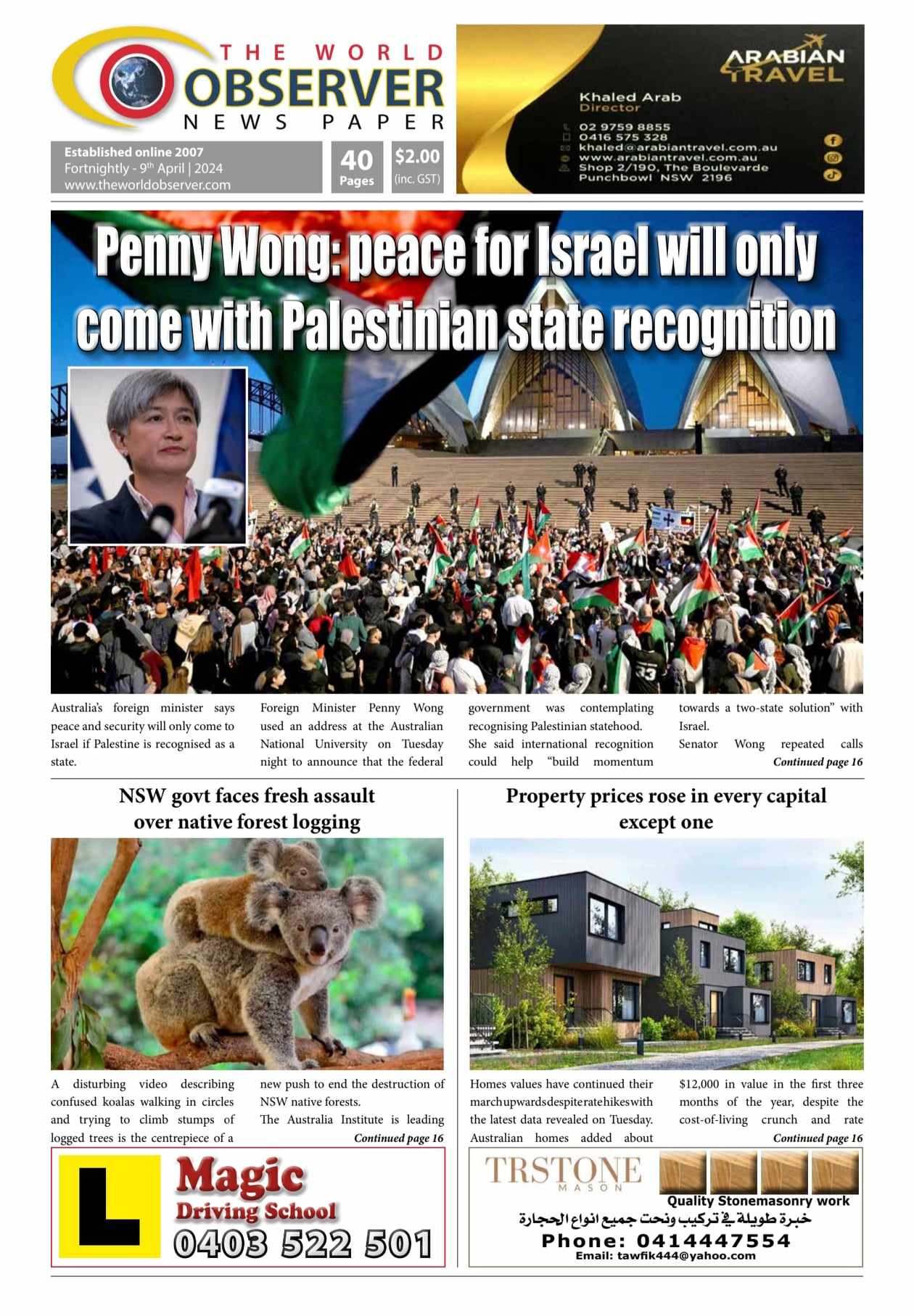





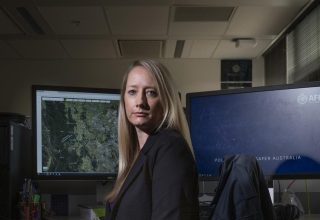























 The World Observer Media produces a daily online newspaper, a daily Arabic online newspaper and a monthly printed Arabic/English magazine and a weekly printed Arabic/English newspaper.
The World Observer Media’s mission is to entertain and educate all generation from the Ethnic Communities in Australia, who are interested in local, national and foreign information.
The World Observer Media produces a daily online newspaper, a daily Arabic online newspaper and a monthly printed Arabic/English magazine and a weekly printed Arabic/English newspaper.
The World Observer Media’s mission is to entertain and educate all generation from the Ethnic Communities in Australia, who are interested in local, national and foreign information. 


